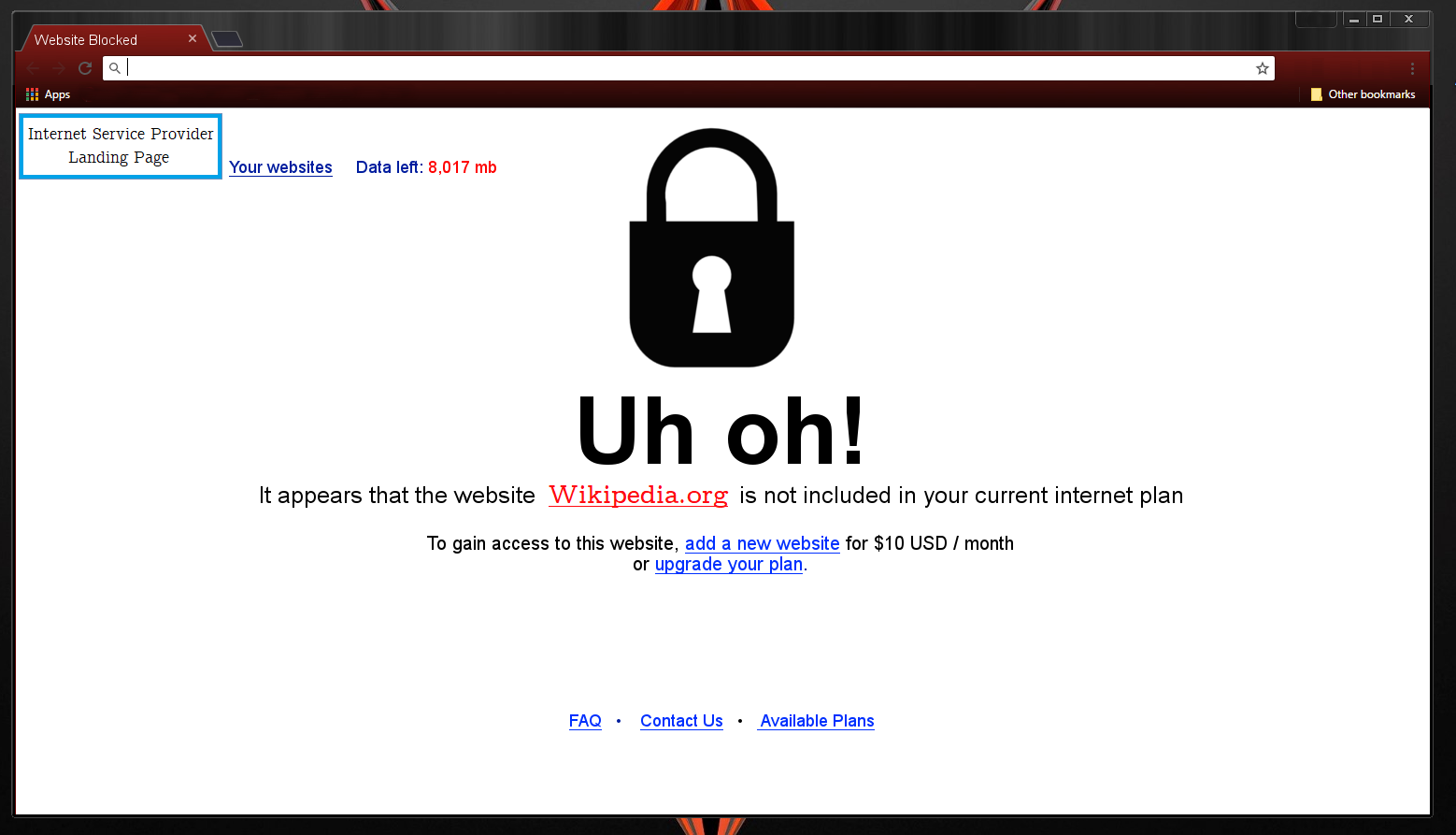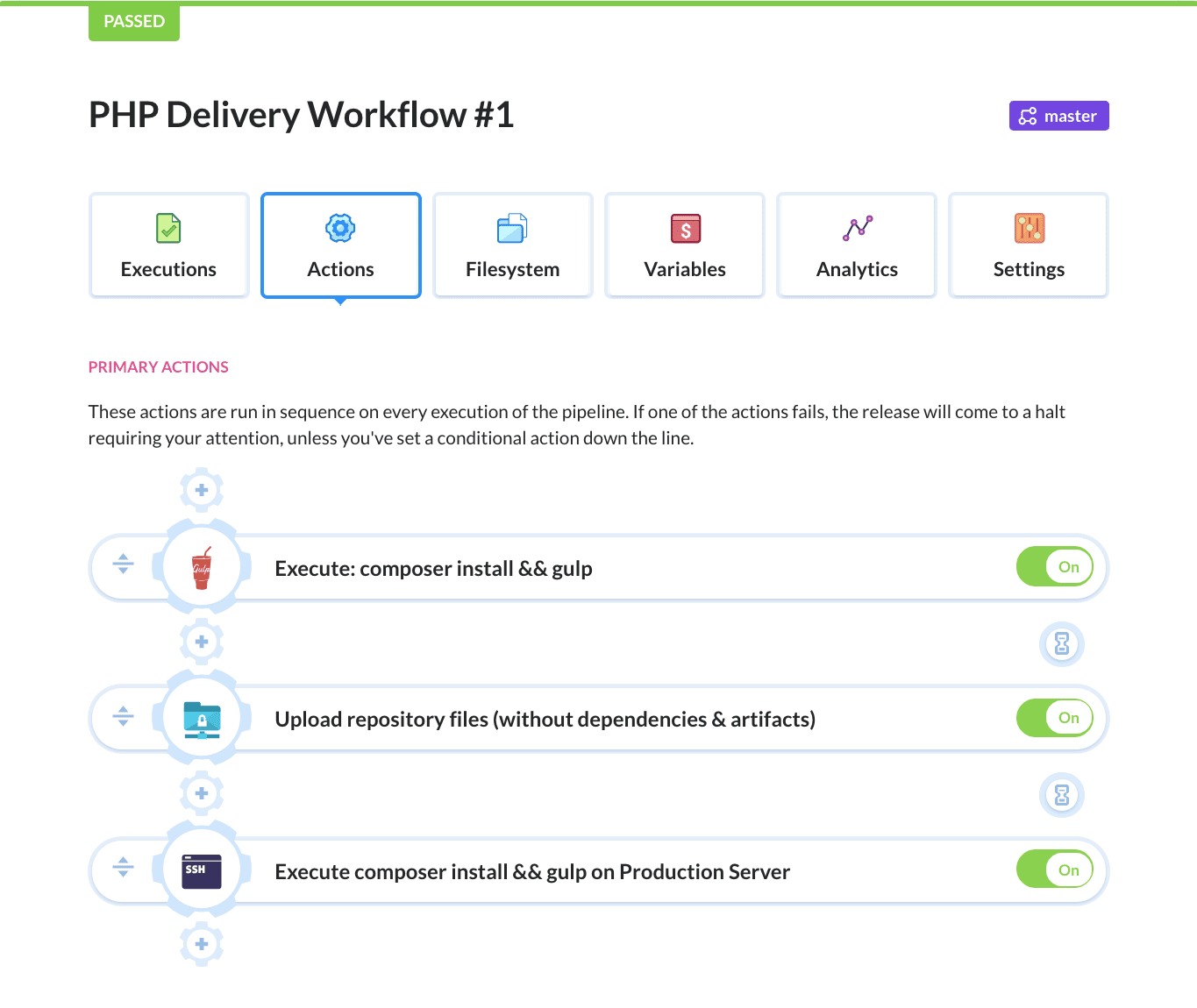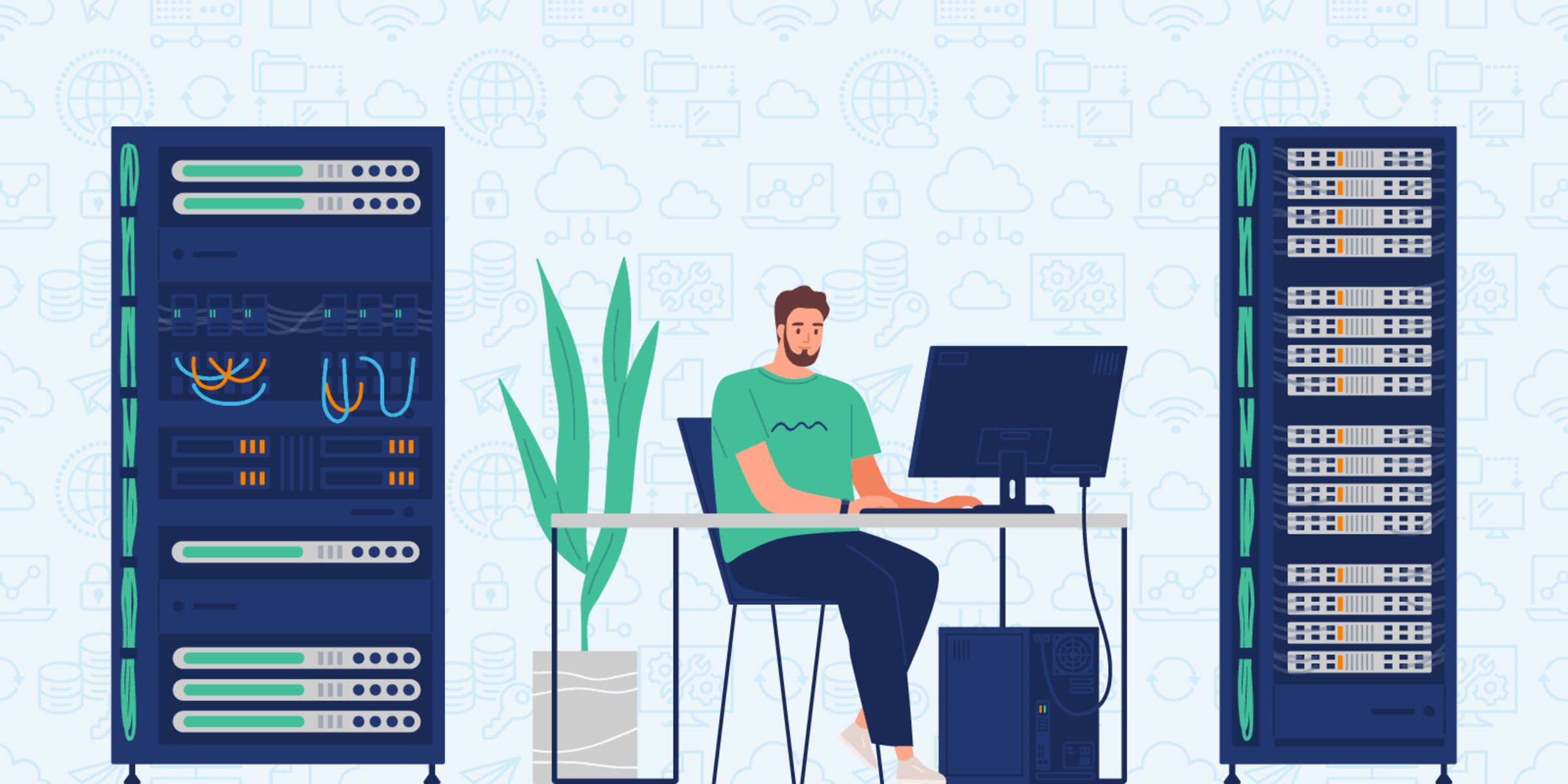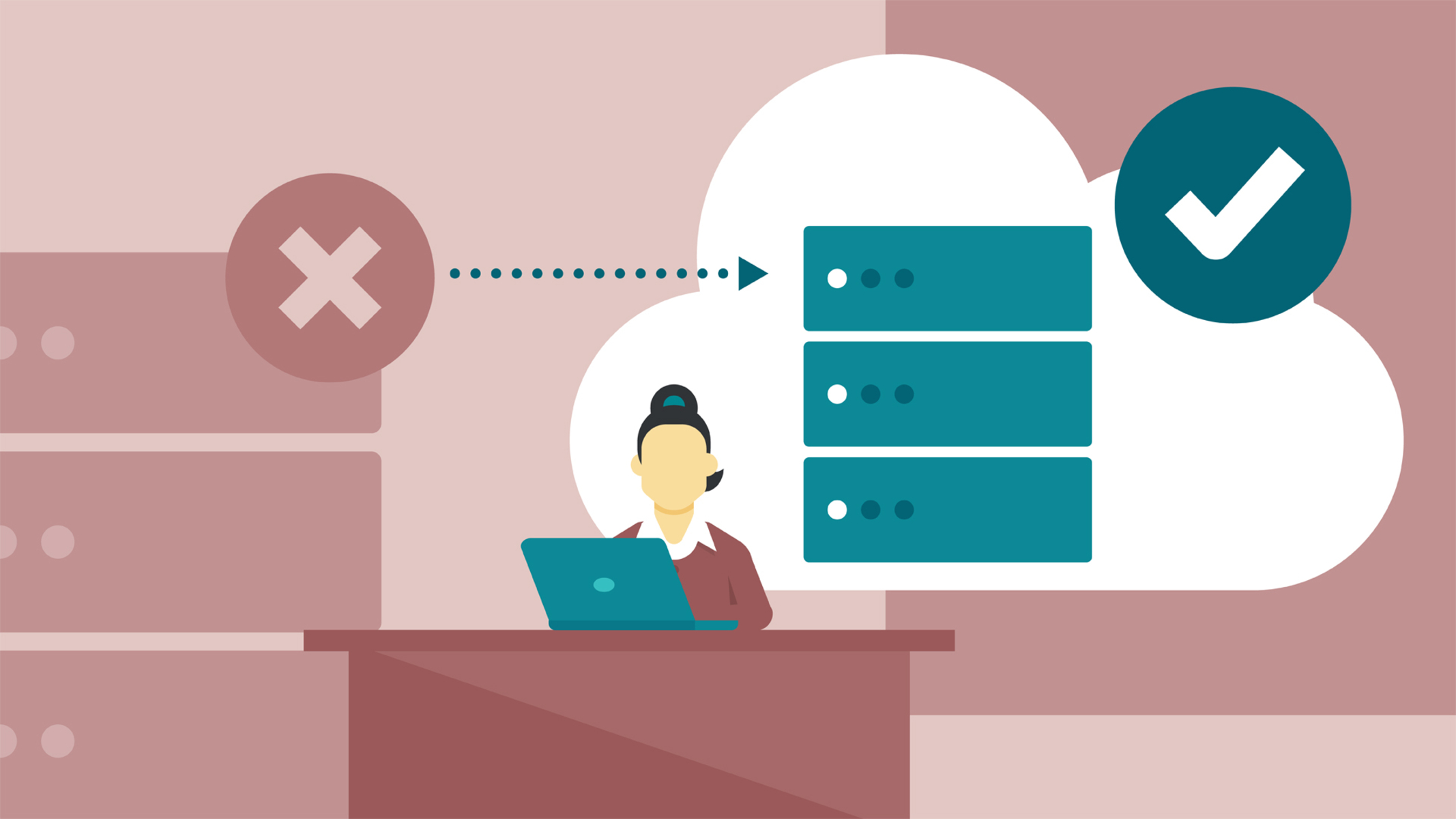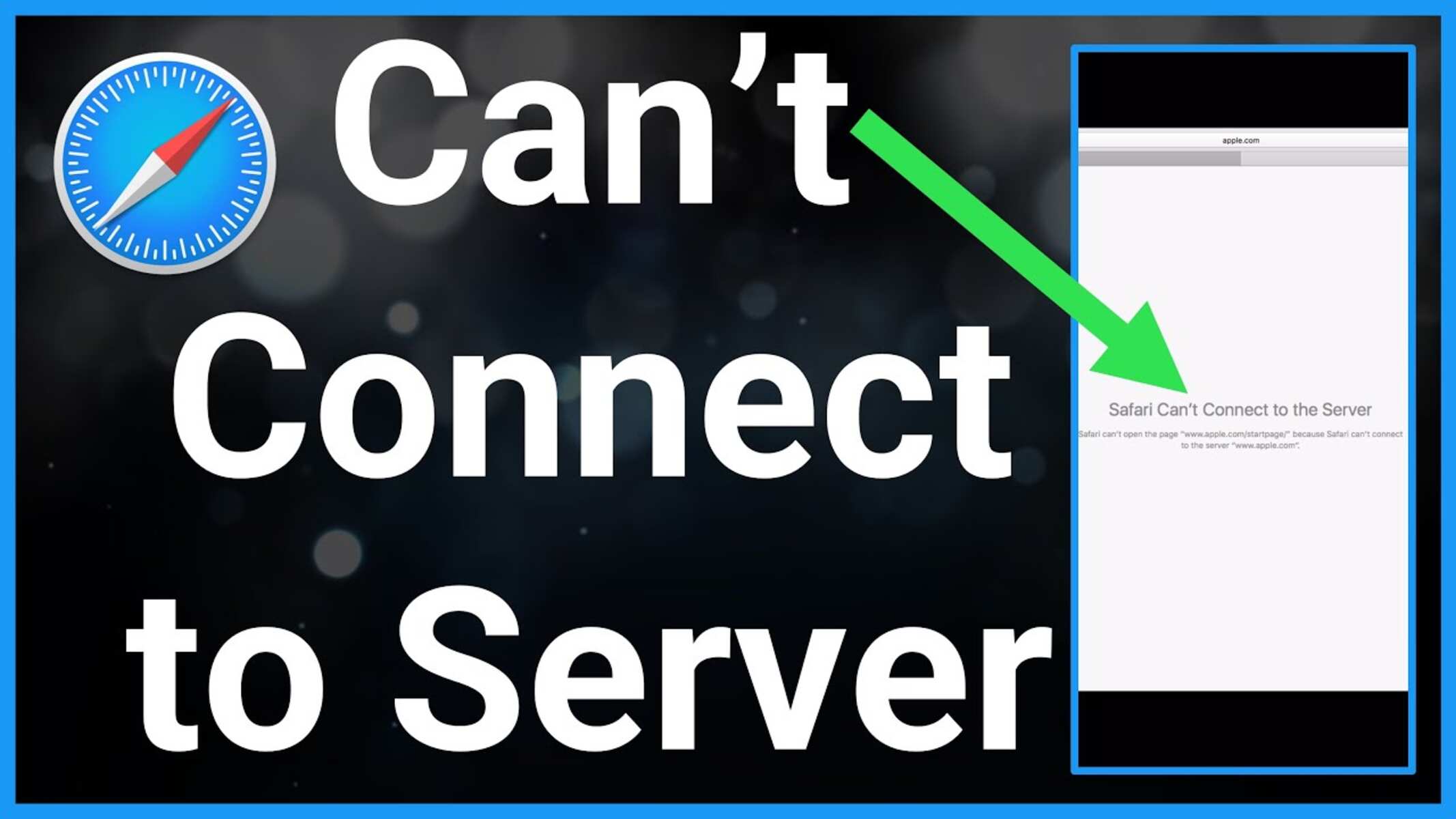Using a free public DNS server can create a significant difference with more responsive internet browsing and lengthy, 100% uptime activities. As a result, you will encounter very few technical glitches. Some of the best DNS servers can also prevent access to phishing or malicious websites, and a few alternatives provide you with content filtering to protect your children from the dangers of the internet. In a nutshell, people change their DNS primarily because they want to have a better and more secure web browsing experience.
What Is DNS


DNS, or the Domain Name System, is a system that translates the domain names (such as our website) you input into a web browser to the IP addresses needed to open these specific websites.
Your internet service providers (ISPs) will assign you with DNS servers whenever you access the internet through your smartphones and computers; however, this doesn’t guarantee that they are from the best DNS servers available. Poor DNS servers can cause sluggish internet that disables websites to load properly, and if your servers will encounter a downtime, you can’t open any sites at all.
As a best practice, you need to consider the best DNS servers for your home and/or business needs with care. That said, not all DNS servers will be significantly better than your existing ISPs. For added protection, you can also install antivirus software. To help you with your quest for the best DNS servers, we’ve highlighted in this article 12 of the best public DNS servers around for a faster and more secure internet browsing.
Best DNS Servers for Faster Internet Speeds
Google Public DNS


- Primary: 8.8.8.8
- Secondary: 8.8.4.4
Google has numerous developments in the technology side and DNS servers are no exception. It is one of the best DNS servers that are 100% free, effective, and a simple alternative to your existing ISP’s DNS. Google Public DNS logs the full address information of the querying tool for approximately 24 to 48 hours for diagnostic and troubleshooting purposes. Permanent logs eliminate any confidential information and lessen location details to the city level. Also, a small portion of these logs is randomly deleted after 14 days.
There’s another advantage for experienced users in Google’s detailed information on the DNS server. If you’d like to assess the importance of Google’s privacy policy, you can thoroughly read everything the service logs contain to find relevant information. Google’s support website provides you with only the essential guidance targeted to experienced users. That said, if you’re not sure about what you’ll be doing, you should check video tutorials around the internet.
OpenDNS


- Primary: 208.67.222.222
- Secondary: 208.67.220.220
Established in 2005 and currently owned by Cisco, OpenDNS is one of the largest brands in public DNS servers. The 100% free service provides you with numerous benefits such as optional parental control-level web filtering to block sites by content type; phishing sites prevented by default; 100% uptime services, and excellent internet speeds. OpenDNS also provides you with free email support in case you’ll encounter technical glitches.
Commercial subscriptions allow viewing the history of your browsing activities for up to the previous year. You can also optionally lock down your system by enabling access to certain sites only. If you are using this DNS service for average use only, it’s not included in the basic subscription. However, if you are interested, you can purchase it for around $20 annually.
If you’re an experienced user when it comes to handling DNS configurations, you can begin immediately by reconfiguring your devices to utilize the OpenVPN servers. Otherwise, if you are a newbie, OpenDNS has installation guides for routers, smartphones, tablets, Macs, and PCs.
Quad9


- Primary: 9.9.9.9
- Secondary: 149.112.112.112
Quad9 is a new contender to the world of the best DNS servers available on the market. It has been delivering a free and fast DNS service since August 2016. Quad9 markets itself on its capability to block malicious domains by saving intelligence from numerous private and public sources through more than 18 threat intelligence providers since December 2018. Quad9’s DNS service blocks malicious domains, malware, and phishing while maintaining privacy and security.
In terms of performance, DNSPerf has rated Quad9 seven out of 10 for average global query times, effortlessly outpacing other contenders. Speaking of internet variation speeds, the company ranks 8th place for North American queries; however, the overall service still provides better performance than most DNS servers.
The installation guide is quite limited with tutorials for the latest versions of Mac and Windows only. The good news is that they are well-presented and it’s not challenging to figure out what needs to be done.
Cloudflare


- Primary: 1.1.1.1
- Secondary: 1.0.0.1
Popularly known for its top-rated content delivery network, Cloudflare has expanded its coverage to include a new public DNS server, the universally named 1.1.1.1. The company has focused more on the essentials. It originated with performance and independent testing from companies such as DNSPerf. It has highlighted Cloudflare as the fastest public DNS server available.
Privacy is another noteworthy highlight. The company doesn’t just guarantee that it won’t utilize your internet browsing data to serve advertisements; thus, it promises that it will never store your querying IP address to disk. Any logs that exist will be removed within a day. Cloudflare has collaborated with KPMG to audit its practices every year and create a public report to prove that the company is delivering its commitment.
The 1.1.1.1 site includes some installation guides with simple and straightforward tutorials for Mac, Windows, Linux, Android, iOS, and routers. Also, smartphone users can utilize WARP that secures all internet traffic on mobile devices. Cloudflare’s DNS service doesn’t provide you with ad-blocking features or let you monitor what you can and cannot access on the internet. The only drawback of Cloudflare is that it has integrated content filtering for adult content blocking and malware with its 1.1.1.2/1.0.0.2 and 1.1.1.3/1.0.0.3 services; however, it is optional for the users if they want to use them.
If you encounter any glitches, Cloudflare provides you with a community forum where you can ask relevant questions or see what other people are up to.
CleanBrowsing


- Primary: 185.228.168.9
- Secondary: 185.228.169.9
Another addition to our list of the best DNS servers is CleanBrowsing that includes three public DNS server packages, namely, a family filter, an adult filter, and a security filter. CleanBrowsing’s security filter is the most essential of the three that updates every hour to prevent phishing sites and malware. If you require more advanced features, you can purchase other CleanBrowsing Plans according to your needs.
CleanBrowsing’s Adult Filter blocks access to adult domains while the Family Filter prevents mixed adult content, VPNs, and proxies. Their primary DNS include 185.228.168.10, and 185.228.168.168 respectively.
Comodo Secure DNS


- Primary: 8.26.56.26
- Secondary: 8.20.247.20
Comodo Group is the brand behind a diverse range of excellent security products and services; therefore, it’s not surprising that the company also provides one of the best DNS servers available. Comodo’s Secure DNS has a strong emphasis on safety. It doesn’t just prevent phishing sites but also notifies you if you try to access websites with spyware, malware, and even parked domains that can overload you with ads and pop-ups. If you need an extra feature of the Comodo Secure DNS, you can purchase the Comodo Dome Shield service.
The company claims its DNS service is smarter than ordinary. It detects any attempts to visit parked domains and automatically redirects you to where you really want to visit. Indeed, performance is gold and Comodo suggests its global network of servers and smart routing technology offers an advantage.
If you are looking for an added layer of web filtering, Comodo is your ideal option. Its support website includes short and useful information on configuring the service on Windows, Mac, Chromebooks, routers, and smartphones.
Verisign DNS


- Primary: 64.6.64.6
- Secondary: 64.6.65.6
Established in 1995, Verisign has provided numerous products and services including security services like DNS servers through the years. The company’s DNS server is free to use and Verisign showcases three major features they consider the most crucial, namely, privacy, security, and stability. The DNS server definitely offers that aspect, especially for stability and security.
On Verisign’s official site, you can find tutorials on how to install and configure their public DNS. These tutorials are available for Linux, Mac, Windows, and smartphones. The company also offers a tutorial on how to customize DNS server settings on your routers.
Overall, Verisign provides you with a good alternative to some other DNS service providers plus it is 100% free so it is definitely included in our best DNS server listings.
Alternate DNS


- Primary: 198.101.242.72
- Secondary: 23.253.163.53
Alternate DNS is one of the best DNS servers that are free to use and configure. This public DNS blocks all kinds of ads before they reach your network. If you are interested in using Alternate DNS, you can register for free from their official website. A Family Premium DNS subscription is also available if you want to block adult content from being accessed by your children at home. You can purchase this additional feature for $2.99 monthly.
OpenNIC


- Primary: 66.187.76.168
- Secondary: 147.135.76.183
At its foundation, OpenNic is a strategic attempt to combat censorship. Developed and managed by a group of volunteers, OpenNic is one of the best DNS servers available for free and entirely accessible to everyone on the web. The company also blocks DNS hijacking. DNS Hijacking refers to when an internet service provider takes over commonly misspelled URLs or hyperlinks to some official websites.
AdGuard DNS


- Primary: 176.103.130.130
- Secondary: 176.103.130.131
AdGuard DNS includes two packages of DNS servers that block ads in web pages, apps, videos, and online games. The basic package of DNS servers is known as “Default” servers and prevents not only ads but also phishing websites and malware. If you are interested in adding an extra feature, you can choose the “Family Protection” servers that block adult content plus everything integrated with the Default servers.
Neustar UltraDNS Firewall


- Primary: 156.154.70.5
- Secondary: 156.154.71.5
Neustar’s UltraDNS Firewall is another best DNS server that provides you with performance enhancement with a reliable infrastructure and quick query resolution. It offers cybersecurity protection against bots, spyware, phishing, websites, malicious websites, and malware. Aside from cybersecurity protection, UltraDNS Firewall also delivers DDoS protection. Also, it blocks adult or inappropriate content that can be harmful to children.
Yandex.DNS


- Primary: 77.88.8.8
- Secondary: 77.88.8.1
Yandex.DNS delivers a secure home network with protection against viruses and fraudsters as well as a high-speed internet connection. Yandex.DNS offers three modes, Basic, Safe, and Family. It has more than 80 DNS servers located in different countries and cities around the world. Each user’s querying IP address is processed by the server that is closest to him or her; hence, it’s easier and faster to access websites with Yandex.DNS in “Basic” mode. When attempting to access a website in “Family” and “Safe” modes, Yandex.DNS will prevent the download of any information from the site and notifies the user.
In terms of cybersecurity protection, Yandex.DNS has its anti-virus software program that monitors for malware. Also, it utilizes its anti-virus software working on the Yandex algorithms as well as signature tech by Sophos.
What To Consider When Getting the Best DNS Server
![]()
![]()
Here are some of the few comparisons we’ve listed, so you will know which of the best DNS servers are ideal for you:
Public DNS vs. Private DNS
A public DNS is accessible to everyone connecting to the internet, and it generally comes from your ISPs or a primary DNS provider. A private DNS is generally utilized by organizations or businesses to provide employees with easier access to internal-only IP addresses/websites. In summary, you’re using a public DNS at your residence, and a private or public DNS at work.
Default DNS vs. Third-Party DNS
When you have an internet connection at home, your ISP has a default DNS that your home network utilizes to connect to the internet. Internet service providers can collect data on clients and their browsing activities. Compared to the default DNS, a third-party DNS works the same; however, it becomes more challenging to attribute the connection to specific people or homes.
Free DNS vs. Paid DNS
Aside from the financial difference between free and paid DNS servers, free DNS servers have fewer features. A paid one will have more performance capabilities and advanced features as well as more customization and improved customer support. A free DNS generally works for numerous purposes.
Why Use Different DNS Servers


One reason you might want to use another DNS server other than the ones assigned by your ISP is that there might be a problem with the ones you currently have. A simple way to verify if there’s a DNS server issue is by inputting a website’s IP address into the web browser. If you can access the website using its IP address, but not similar, then the DNS server is likely to have glitches.
Another good reason to use different DNS servers is if you’re searching for a better performing internet service. Several people complain that their ISP-delivered DNS servers have poor service and provide a poorer internet browsing experience. Aside from that, many people purchase another DNS server from a third-party client to block the logging of their internet activities and to bypass the blocking of specific websites.
It is important to know that not all DNS servers prevent the logging of your internet traffic. If you’re interested in this type of DNS server, you should read the FAQs on the DNS provider’s official website thoroughly to ensure it’s going to offer or not what you desire.
Final Thoughts


Whether you’re searching for a free DNS or the fastest DNS available on the market, it all boils down to the type of service you’re after. Numerous DNS servers provide you with cybersecurity protection while others offer enhanced internet speed. Perhaps, some individuals are searching for the best DNS for gaming to provide them with seamless, fast, and uninterrupted internet. Whatever it may be, there will always be the best DNS server ideal for your home, gaming, and/or business needs.
Have you tried any of the DNS servers that we’ve listed in this article? Did we miss anything from our list? Feel free to share your insights and recommendations in the comment section below!












